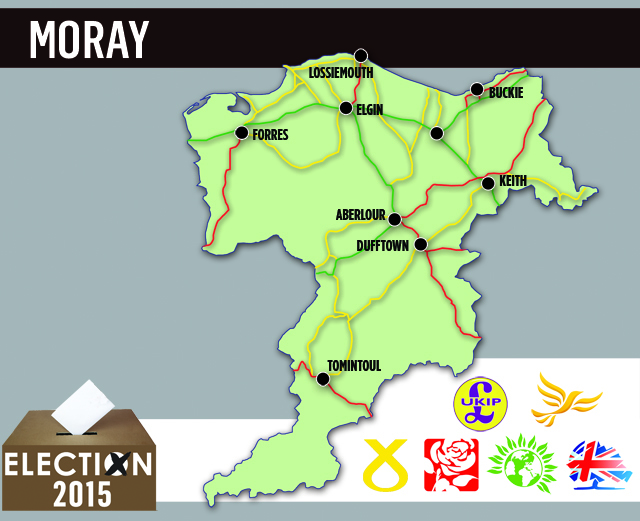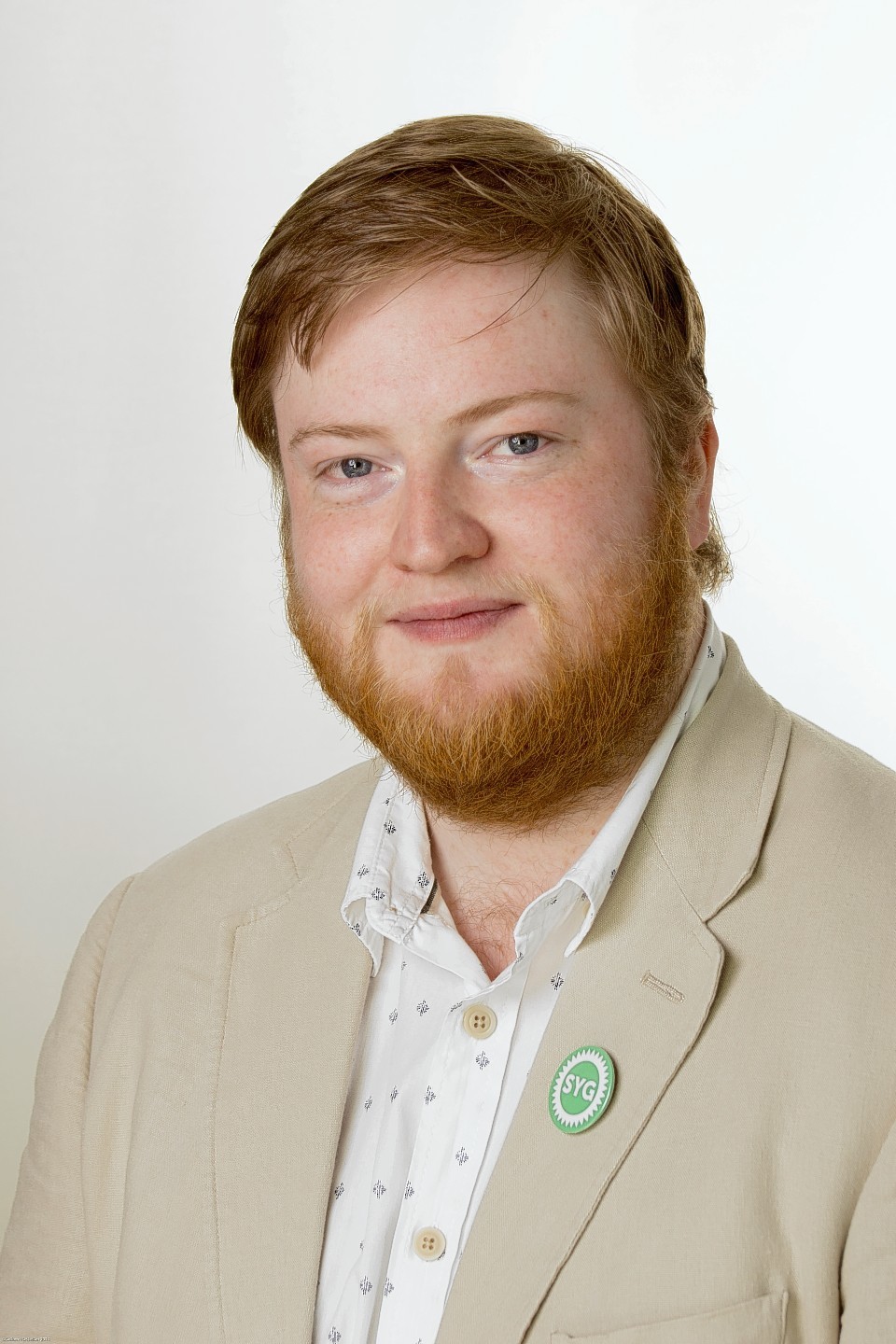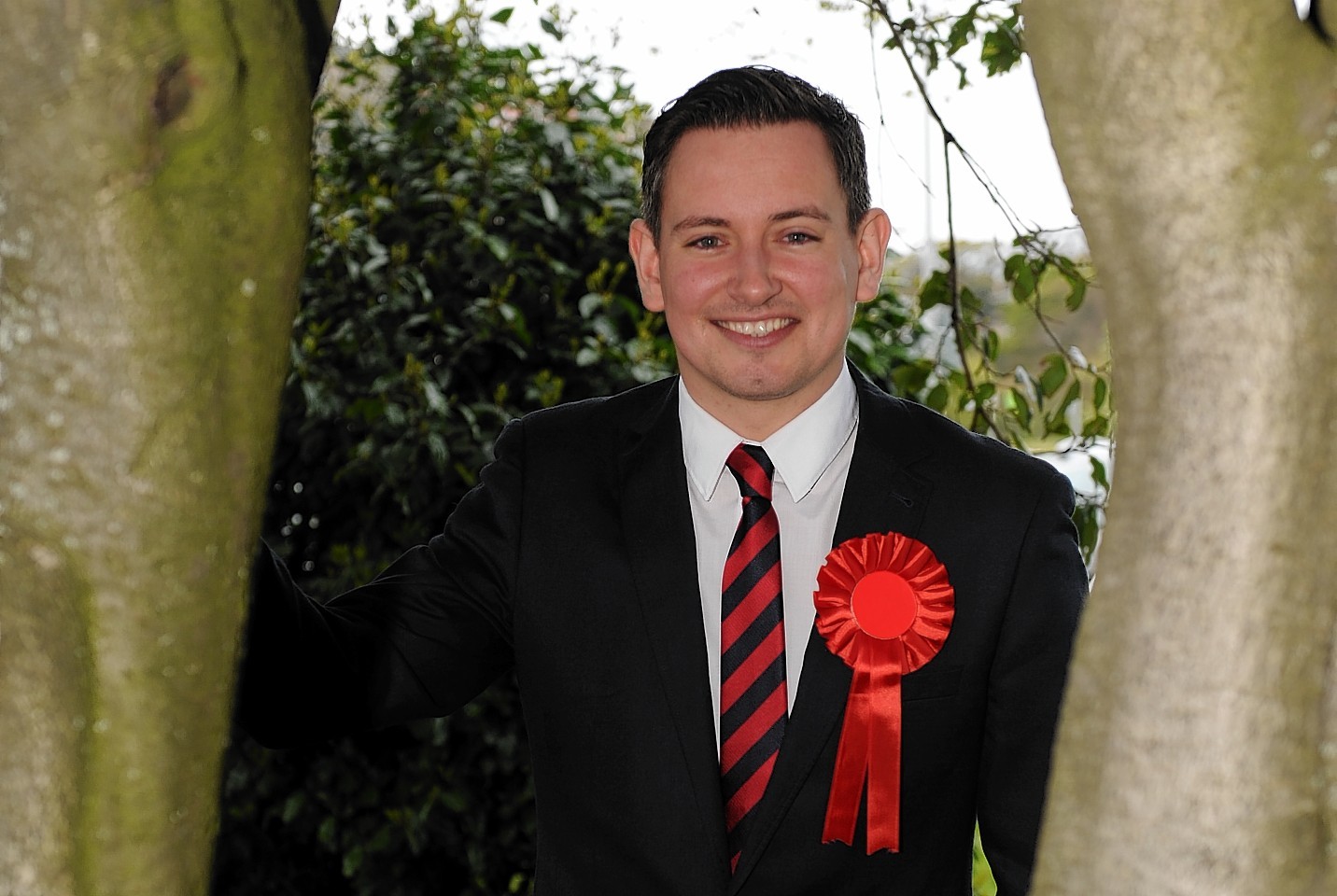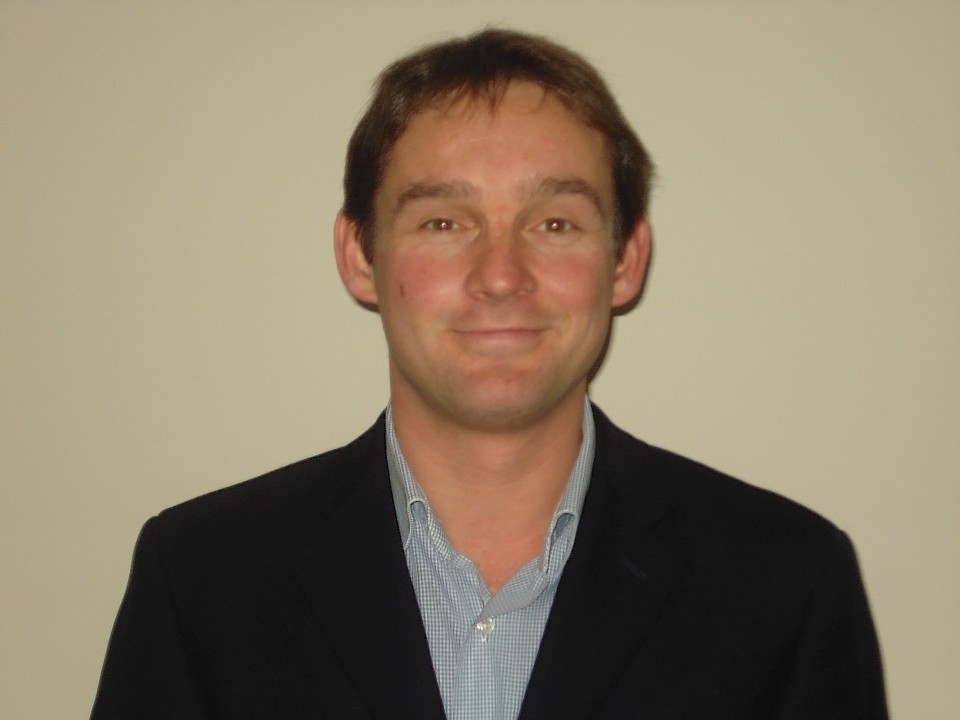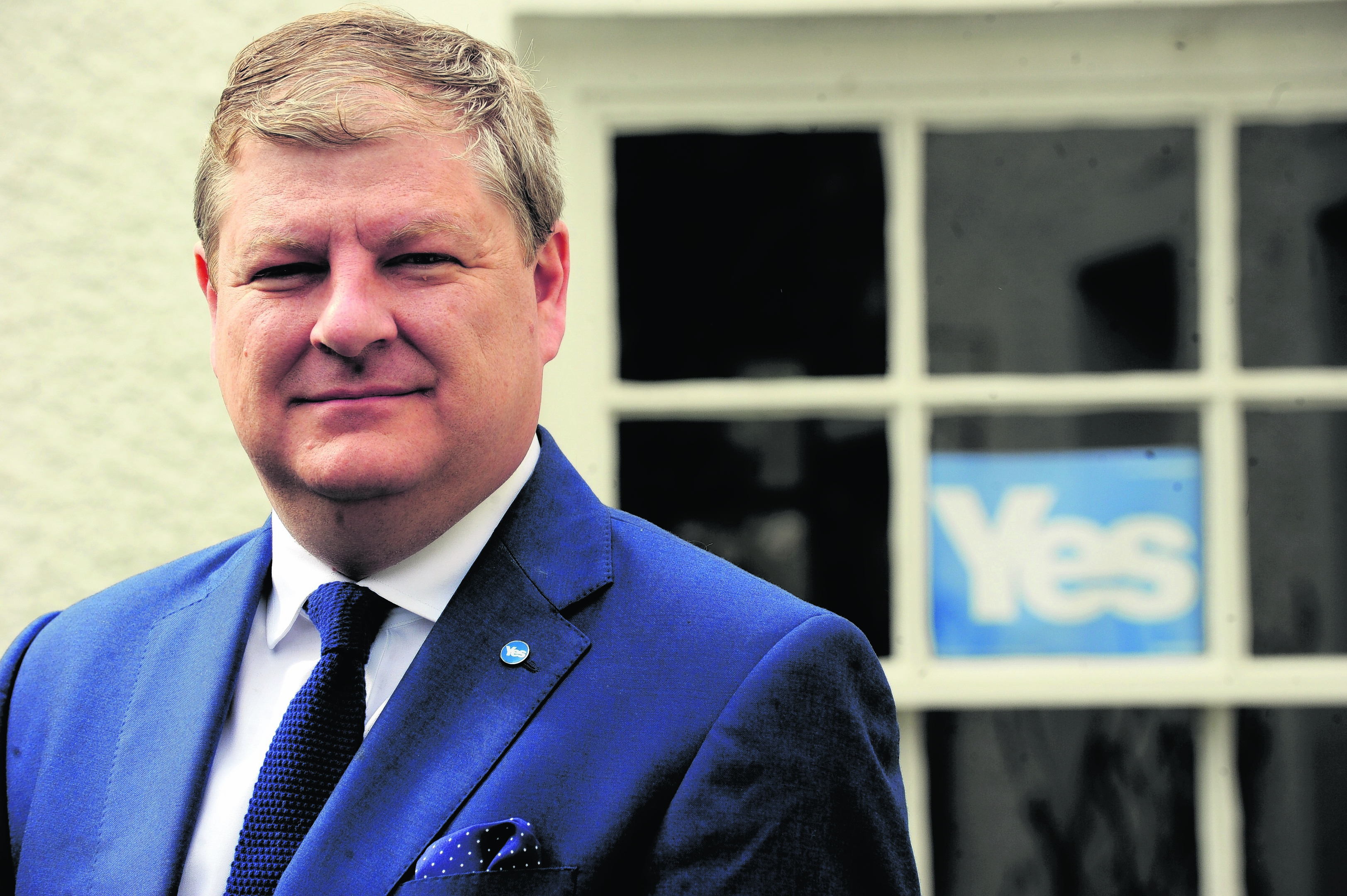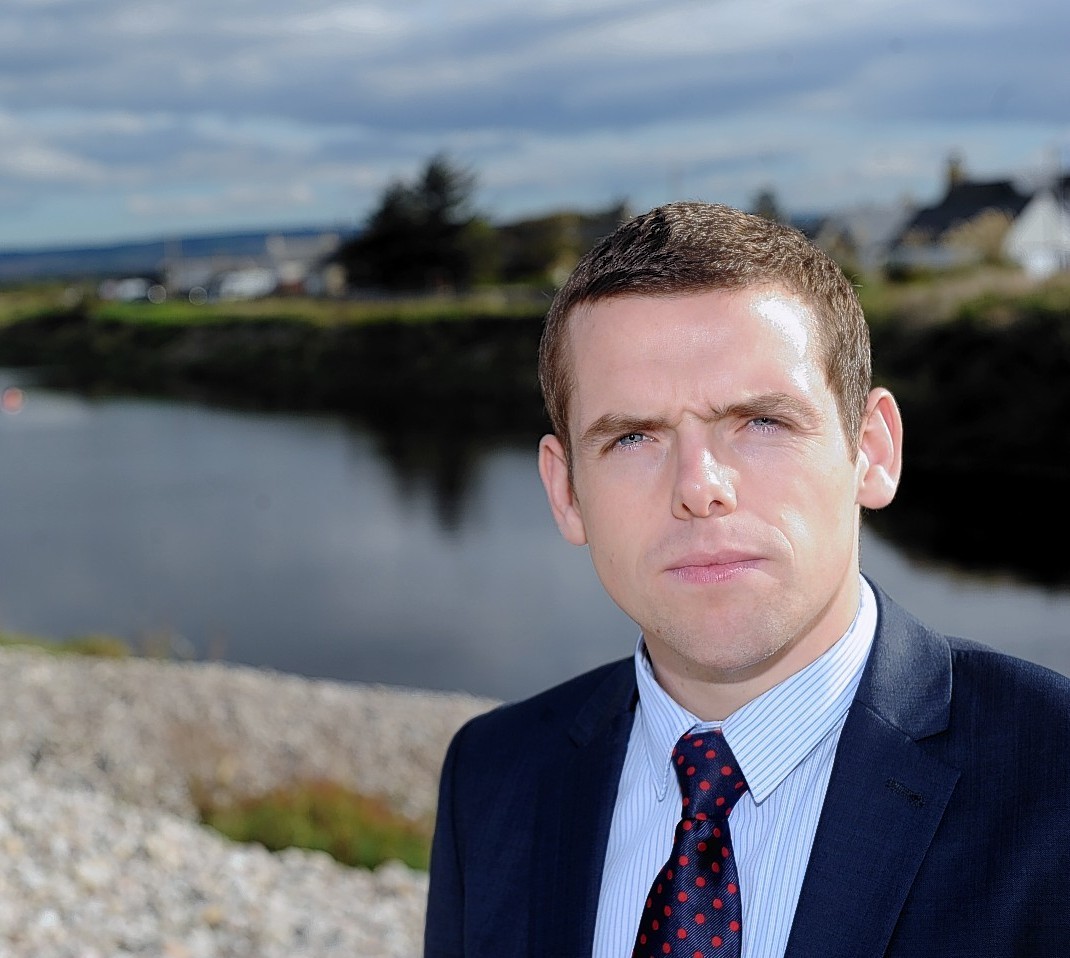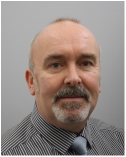Moray is something of a puzzle politically, but all that could be changing.
At a grassroots level there remains a stubborn independent streak with the local authority run by a coalition between the non-aligned councillors and a handful of Conservatives.
That said, the SNP has been making inroads and – following a recent council by-election win – now has more members than the independents, although not quite enough to unseat the current administration.
At a national level, the area has been solidly in the hands of the SNP for three and a half decades.
Margaret Ewing took the seat from the Conservatives in 1980 and remained there until moving over the Scottish Parliament at the turn of the century.
When she stepped down in 2001, the SNP lost a chunk of its majority but still retained the Westminster seat with Angus Robertson.
Since then he has beavered away and built the SNP vote back up to 39.7% of the total cast in 2010.
Despite the SNP’s Westminster success – and having always represented Moray in the Scottish Parliament – the independence dream did not sit well with the electorate, with 57.6% voting No in last September’s referendum, just ahead of the Scottish average.
This may be partly due a higher percentage of the population defining themselves as “white British” rather than “white Scottish”.
And here is where the conundrum arises. If voters feel British and favour the Union, why does the SNP train appear unstoppable?
Based on the last general election results, the only other party with any semblance of a chance is the Conservatives. In 2010, Douglas Ross, who is standing again, increased the Tory vote by 4.1% to 26.1%.
But if the polls are correct, Mr Robertson – the SNP’s Westminster group leader and defence spokesman – is poised to romp home with more than 60% of the vote.
The predictions probably lie in the fact that the 45% of voters who ticked Yes in September have flocked under the SNP banner, while the rest are now split between all the remaining parties.
Unless something completely unexpected happens, Mr Robertson – the SNP campaign director – can relax knowing his parliamentary salary is safe for the foreseeable future.
Now that RAF Lossiemouth has been saved and RAF Kinloss has been turned over to the army, defence – vital part of the local economy and a subject which once topped Mr Robertson’s campaign list – is no longer the issue it was.
If anything Moray is looking up. The area is benefiting from the resurgence of nearby Inverness and, with its lush farmland, the economy is still dominated by food and drink.
Moray is home to iconic brands such as Baxters and Walkers, while the Speyside area boasts the highest concentration of whisky distilleries in Scotland including internationally recognised best sellers.
Life sciences – thought to be worth almost £2.8billion to Scotland – are on the increase. And with the prospect of major offshore windfarms in the pipeline, eyes are on the Moray Firth and the surrounding area.
Tourism is the one economic area that could be exploited more. The problem appears to be getting tourists to break away from the traditional scenic routes and areas, however once drawn to Moray they will find much to keep them there.
The coast boasts excellent beaches and there are other attractions such Brodie Castle, distillery visitor centres, along with outdoor activities such as wind-surfing, mountain biking and kayaking. Part of the Cairngorms National Park is in the county and the Spey is one of the recognised great Scottish salmon rivers, with fly fishing available in other nearby waters.
Moray candidates
Green
Name: James MacKessack-Leitch
Age: 28
Profession: freelance radio reporter.
Labour
Name: Sean Morton
Age: 33
Profession: Moray councillor
Liberal Democrat
Name: Jamie Paterson
Age: 41
Profession: Stay at home father looking after two pre-school daughters
SNP
Name: Angus Robertson
Age: 45
Profession: politician
Conservative
Name: Douglas Ross
Aged: 32
Profession: Moray councillor
United Kingdom Independence Party
Name: Robert Scorer
Age: N/A
Profession: N/A.
2010 election result
Scottish National Party, Angus Robertson, 16,273 votes – 39.7%
Scottish Conservatives, Douglas Ross, 10,683 votes – 26.1%
Labour, Kieron Green, 7,007 votes – 17.1%
Liberal Democrats, James Paterson, 5,965 votes -14.5%
UKIP, Donald Gatt, 1,085 votes – 2.6%
Turnout: 62.2%
